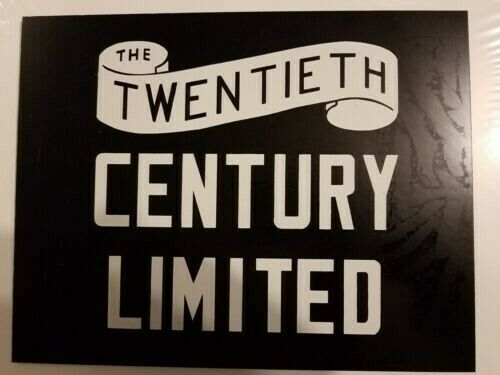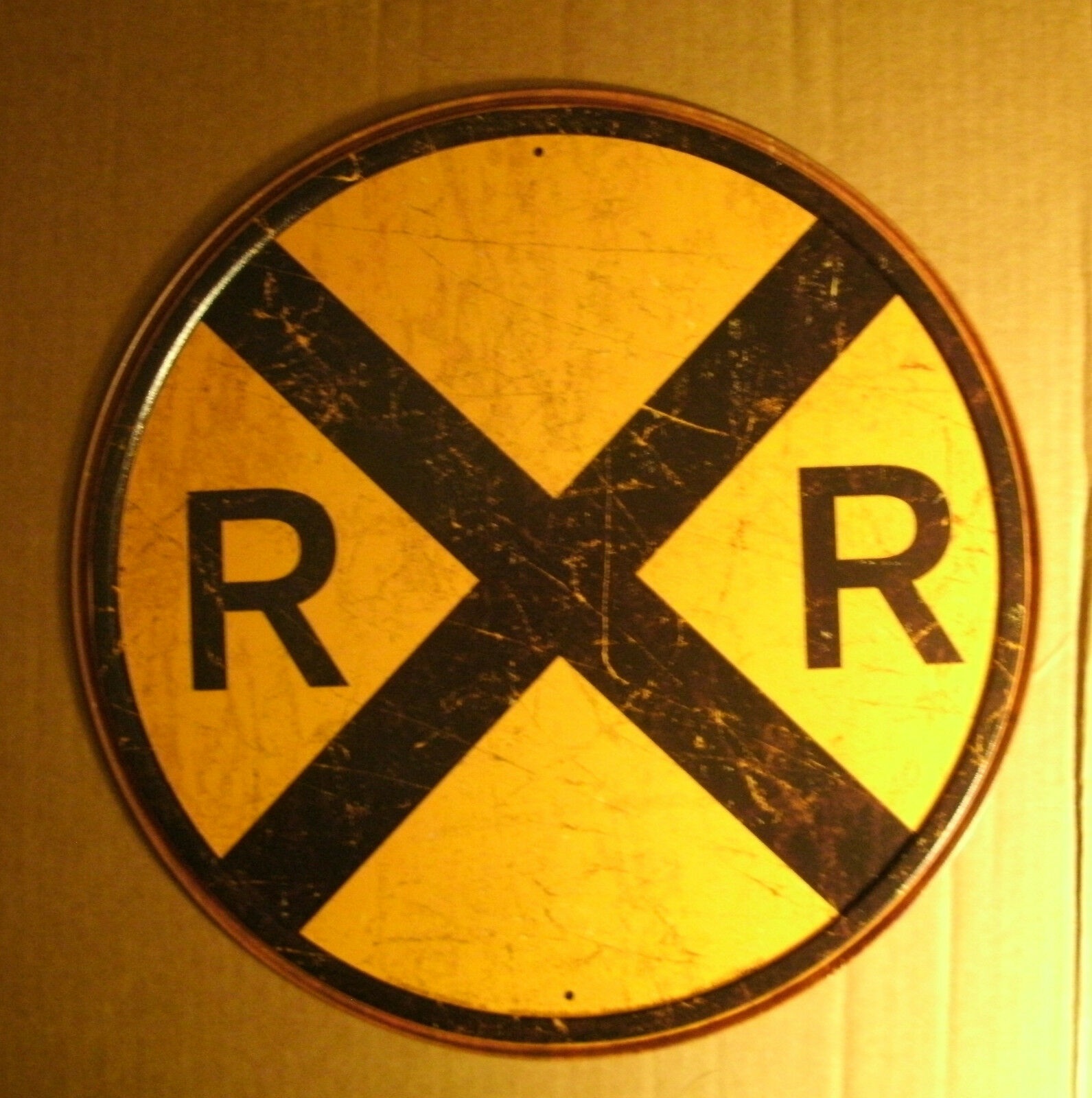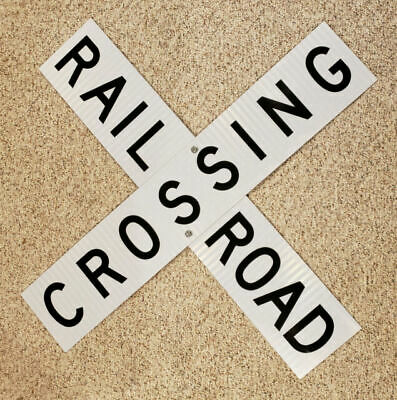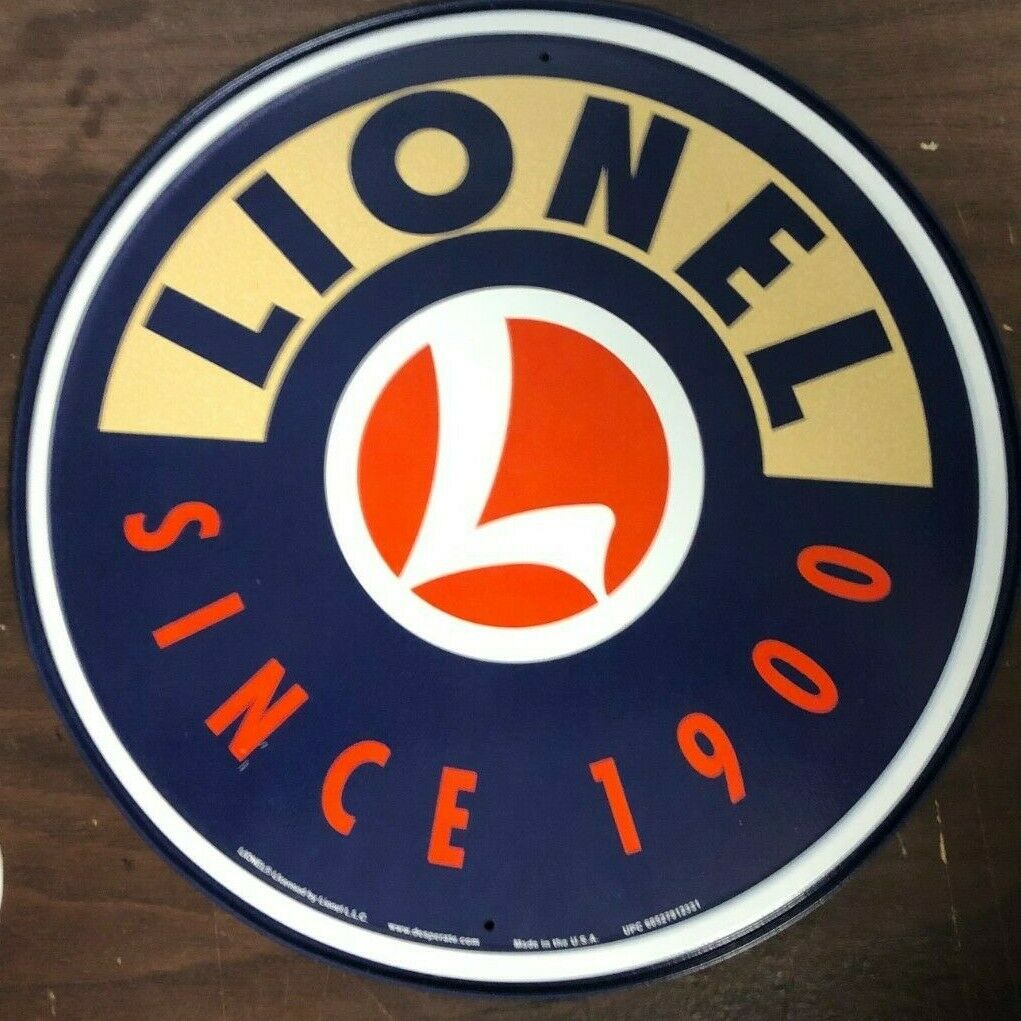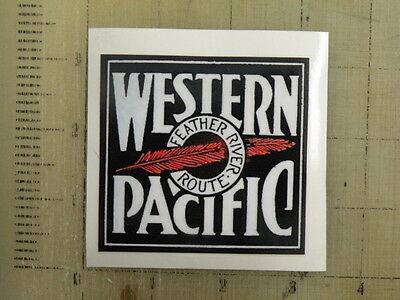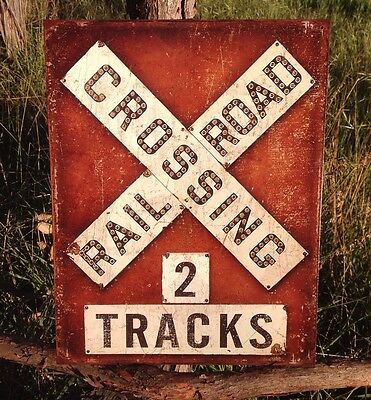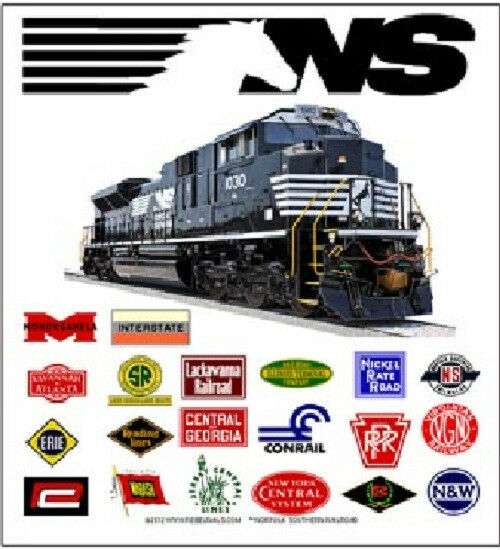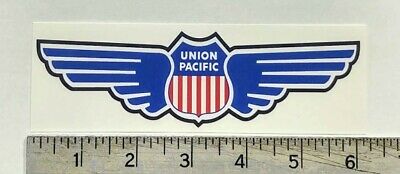-40%
NEW YORK CENTRAL Railroad "THE 20th CENTURY LIMITED" Passenger Name-Train Herald
$ 7.91
- Description
- Size Guide
Description
NEW YORK CENTRAL Railroad"THE 20th CENTURY LIMITED" Name-Train Signal Signs Herald
This herald represents the lighted drum-head on the back of the Observation passenger car on the NYC's famous passenger era of the name-trains (1920's-1950's);
"THE 20th CENTURY LIMITED"
Although not depicted, this wall plaque was designed by the company, Hobby Craft Specialties, that procured the original creation of these heralds referred to as their "Name Train" Series more than 25 years ago. A very few well-stored heralds were recently found by
the founder of Carolina Hobby Craft, Inc. with Hobby Craft Specialties as a brand name supplier
to the model railroad industry. The intent was to relive the days when passenger trains were
the primary mode of passenger travel in the United States as well as many other countries.
Now is your chance to grab a bit of a nostalgic era long gone, including the production of
these exact colorful and intricate "Name Train" wall plaques!
BACKGROUND HISTORY:
The
20th Century Limited
was an express
passenger train
on the
New York Central Railroad
(NYC) from 1902 to December 3, 1967. The train traveled between
Grand Central Terminal
in
New York City
and
LaSalle Street Station
in
Chicago
,
Illinois
, along the railroad's "Water Level Route".
NYC inaugurated
The
20th Century Limited
as competition to the
Pennsylvania Railroad
, aimed at upper-class and business travelers. It made few station stops along the way and used
track pans
to intake water at high speeds. In 1938, passenger streamlined train sets designed by
Henry Dreyfuss
were added to the route.
The 20th Century Limited
was the flagship train of the New York Central and was advertised as "The Most Famous Train in the World". It was described in
The New York Times
as having been "... known to railroad buffs for 65 years as the world's greatest train", and its style was described as "spectacularly understated". The phrase "
red-carpet
treatment" is derived from passengers' walking to the train on a specially-designed crimson carpet.
